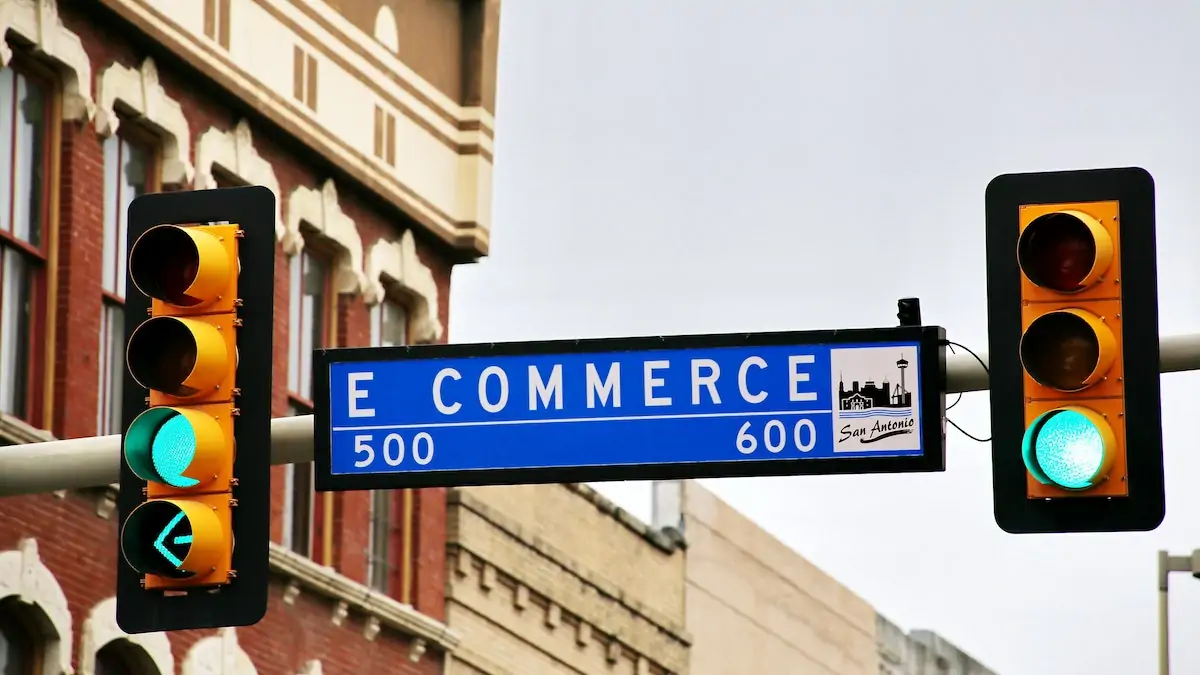
VAT e-commerce: Selling goods to EU after Brexit
18 Jun 2020As of 1 July 2021, new rules will be introduced by the EU regarding VAT in e-commerce. The new rules will extend the Mini One Stop Shop (MOSS) that is currently available for B2C sales VAT accounting regarding Telecommunications, Broadcasting and Electronic Services (TBES), to all B2C service supplies. This relates to intra-EU B2C goods supplies and VAT being due in a Member State other than the one in which the supplier is currently established. Named the One Stop Shop (OSS) system, it was intended to come into force at the start of the year, but has been delayed until 1 July.
How will the One Stop Shop work?
The distance selling thresholds currently upheld will be abolished, and all intra-EU B2C TBES service supplies, in addition to intra EU distance sales of goods, will begin to operate under the same limit of €10,000. When exceeded, this limit will be subject to VAT, due in the Member State of delivery, regardless of that country’s level of sales. It is also important to note that this threshold will only apply to established EU companies and not UK businesses.
A single VAT return can account for any VAT due, submitted in the Member State of Identification (whichever country the business has registered for OSS in). Any EU-established company’s Member State of Identification will simply be the country in which they operate - if there is no EU business establishment, a Member State can be chosen. There are also applicable provisions for non-EU companies that supply services via a non-union OSS scheme form. The One Stop Shop system is not compulsory - businesses can opt to register in all Member States in which VAT is due.
Goods dispatched from within the EU
Goods dispatched from physical locations, such as EU-based warehouses, will continue to be categorised as distance selling. Should any thresholds be exceeded, the VAT will be due within the Member State of delivery.
Therefore, regardless of value, OSS will become available to all sales of goods. VAT due will be accounted for within the Member State of Identification at the rate held by the country in which it is due - known as the Member State of Consumption. Any VAT due will be paid directly to the Member State of Identification, with OSS returns also being submitted.
Related: Understanding VAT on Delivery Charges in the UK
Goods dispatched from outside the EU
If the UK is not considered to be a Member State at the time the goods are dispatched from it, the sale will not be considered under the Distance Selling guidelines. Such goods would be treated in accordance with their intrinsic value, but with differing rules between values above and below €150.
Up to an intrinsic value of €150, goods imported to EU customers from third countries and territories will be covered by an import scheme, much like the system implemented in the UK in January 2021. This scheme is in line with the abolition of the VAT exemptions for small consignment goods up to the value of €22. However, VAT on any goods with a value of more than €150 cannot be accounted for under Import OSS (IOSS), and will require a full customs declaration.
Marketplace rules
Any goods in consignments that are imported using an electronic interface - such as a platform, marketplace or portal - from third countries or territories with an intrinsic value of under €150, will also be considered differently. This will apply to sales that happen via platforms like Amazon.
Under the new rules, such a platform will be considered as having received and supplied goods in their own individual right. Subsequently, it's irrelevant whether the goods are in fact supplied by either EU or non-EU suppliers, as these marketplace rules also relate to non-EU sellers distributing goods via a marketplace in which the goods are already located inside the EU at the point of sale.
Related: What is the VAT status of payments to Companies House?
What’s next?
Until the new rules come into force on 1 July 2021, Member States will have to transpose the new guidelines of the VAT Directive, and some have already done this. It is yet to be confirmed, but many predict that the OSS may be further delayed, as both Germany and the Netherlands are working through concerns regarding preparedness for the current July start date.
When it comes to UK businesses, Brexit has made things increasingly complex. Following the OSS implementation, businesses in the UK can utilise the e-commerce package changes. During the 6-month delay, however, fiscal representatives could be required for a short period of time. It’s imperative that businesses plan their supply chains around all of the upcoming changes.
The EU E-Commerce VAT package is set to make sweeping changes to the VAT treatment of B2C trade across the EU and, as modern tax experts Sovos highlights, preparation is key. “While the industry is grappling to interpret the new legal principles and associated compliance mechanisms, it’s essential to consider whether businesses in the B2C ecosystem have really grasped the practical aspects of these imminent changes.”
Get in touch for help with tax and VAT
It’s a lot to get your head around, and Sovos has created a watch-on-demand EU Commerce VAT Rules webinar designed to cut through the uncertainty and complexity regarding these legislative changes - giving you crystal clear explanations and illustrative examples to prepare you for what’s ahead.
If you’d like advice on VAT or any of the above from our experienced tax experts, don’t hesitate to get in touch with us on 0207 043 4000 or info@accountsandlegal.co.uk.



















